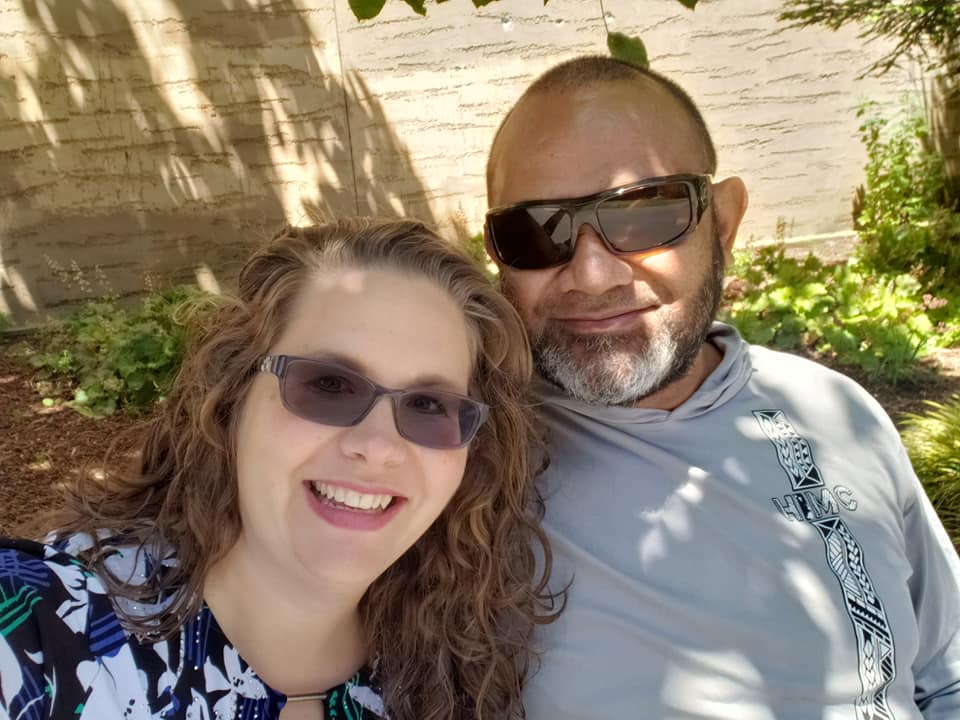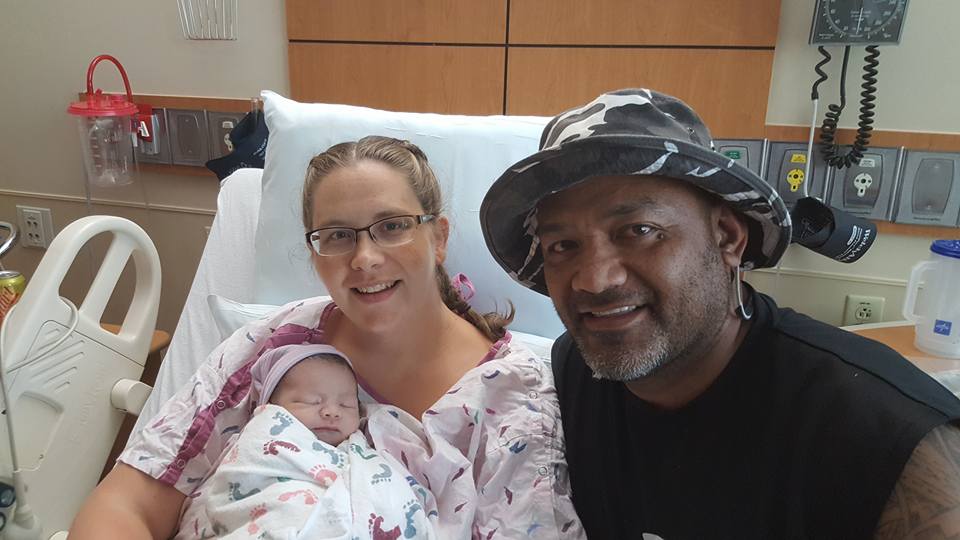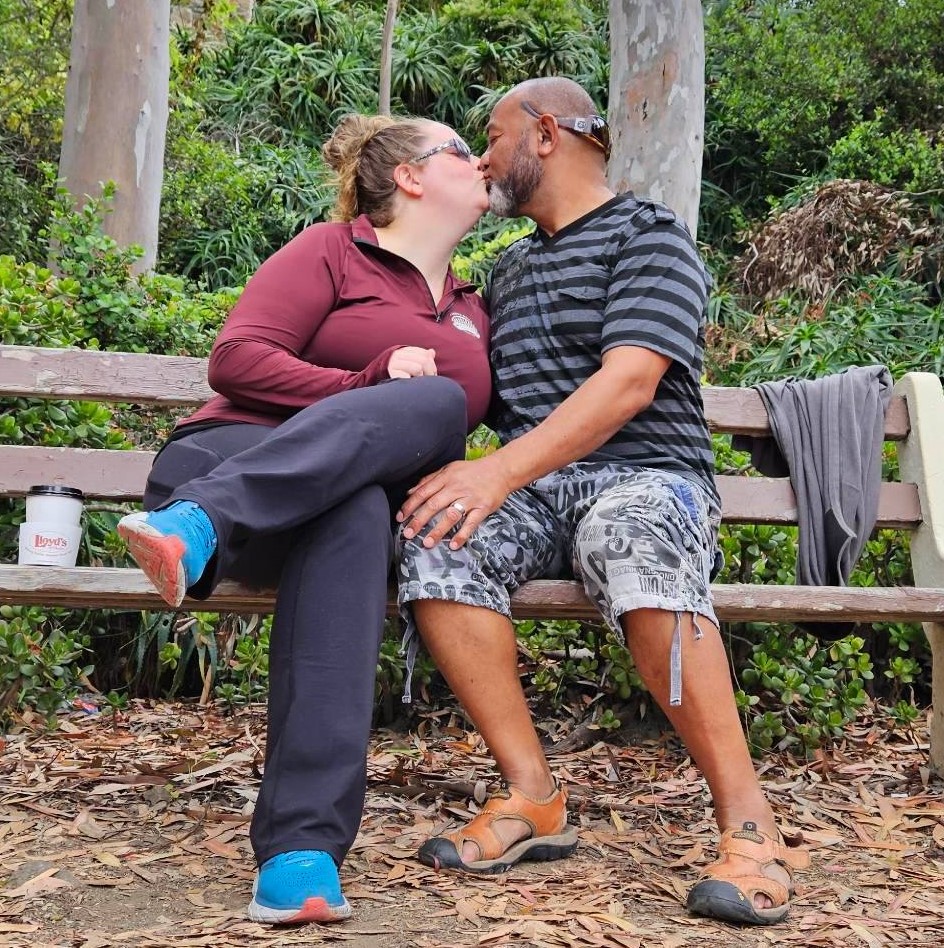For most of my life, I never wanted to get married. I planned on being single my whole life, and adopting a girl who was 11 or 12 and facing the world together, just she and I. I didn’t want to get married because being married didn’t look fun. Married people seemed pretty miserable, and I was a really angry person; so I would have brought all that anger in to my marriage and destroyed both me and my spouse. Thank God for the power of the Bible to change people because as I worked hard to apply biblical princples to my heart and life with the help of so many around me, I started to mature enough to have a healthy marriage.
Afa and I celebrated our ten year anniversary in May 2023, and these are ten lessons I have learned over that time that help us be happily married, prayerfully for decades to come.
1. If you want or need something, say it out loud.
Humans cannot read minds, but sometimes we expect our spouses to do exactly that. We can sit stewing about something, believing that someone else should be able to decode our needs or wants – but that’s unreasonable. Uncommunicated expectations are premediated resentments. My most recent example of this was Mother’s Day. Afa asked me what I wanted, and I told him I wanted time alone in the house and a street burrito. Guess what he gave me? Time alone in the house and a street burrito! If I had said “nothing,” it’s completely irrational to be upset when I got nothing.
2. Race to apologize first.
This one is more a principle than an instruction. The goal should be to have enough humility that you can take responsibility for your part of the conflict as soon as possible. Apologies and forgiveness can allow conflict to make our relationships stronger, but if we are waiting for the other person to apologize first, those same conflicts can cause long term rifts. After your apology, refer to #1 if you feel like you are also owed an apology.

3. Spend time together
Since Finiasi is starting kindergarten this year, we are officially out of the toddler/preschool era; and honestly, I’m thrilled about that. I absolutely love having kids who can dress, shower, and feed themselves. We get to have a lot more fun, and it makes spending time with Afa much easier than it has been in years. So don’t feel the pressure to go out and have elaborate dates regularly, but do carve out time to connect with one another each day and each week. We would turn our phones off on Sunday evenings, turn the TV on for the kids, and go to the living room to watch a movie and eat pie. It was not extravagant, but it fulfilled our need.
4. Spend time apart
Afa is undoubtedly my favorite person to hang out with, but I also need other friends. I also need time by myself. Our time apart makes our time together all that more special. Time with my friends while Afa watches the kids lets me rest in ways that are hard to do when we are at home or have to get back quickly or have to do bedtimes. They are refreshing as we talk about mom things or life things or just things.

5. Find a more experienced couple you can talk to.
This has been invaluable in the growth that has taken place in our marriage. When we had arguments we couldn’t work through on our own, having friends who had already been there helped us so much. They read us Scriptures, shared their own lives, and gave us practical instructions on how to move forward. I have learned joy, contentment, and respect from the women I have allowed into my life, and I am eternally grateful.
6. Fix your tone
It doesn’t matter how right your words are, the tone in which you deliver those words can make them unhearable? 1 Corinthians 13 tells us that when we speak without love, we sound like clanging cymbals. So we can be 100% right, but sound like a little kid banging cymbals together in their ear when we add an edge to our tone. Afa can hear almost anything from me without getting angry if I can breathe deep enough to deliver that message with love.

7. Money comes, and money goes.
Finances is one of the most common causes of conflict in marriage, but it doesn’t have to be. Afa and I have wildly different spending habits. There have been times in our marriage when we had plenty of money, and times when friends brought us food because we couldn’t afford groceries for the week. It was during one of these times that I was complaining to a seasoned mom about our financial situation. She gave me the wise advice that I have listed here. I can choose to live in my anxiety during the hard times, or I can choose to live in faith.
8. Face it together.
This is closely related to #1, but whatever “it” is, the best way to face “it” is with one another. However, your spouse may not know about “it” unless you talk about it and communicate how much “it” is affecting you. It could be a situation at work or with friends or even in your marriage. But trying to power through “it” without including your spouse is lonely and usually ineffective. Allowing them to walk through the fire with you forges incredible bonds.

9. It gets better.
I understand I’m writing this from a very limited perspective, mostly in that I haven’t raised any teenagers yet. (Although I have heard from multiple friends that the teenage years can truly be a joy when you lean into them.) But there have been so many times that life felt insurmountable, and those times used to be my downfall. Anxiety ruled my life in so many ways. But with practice, I have learned to remember that the moment I am experiencing is only temporary. The infancy and toddler years felt interminable, and I struggled so very much. But we made it, and we are in a fun stage now. I have no idea how long this stage will last, but when we shift to a harder time, I hope to remind myself that it will get better.
10. Choose a healthy eye.
Matthew 6:22-23 tells us that if our eyes are healthy, our whole bodies will be full of light, and the opposite if our eyes are unhealthy. That’s a weird turn of phrase in the English, but the word “healthy” can also be translated “generous.” The idea of having a generous eye can be applied to how much we give of our time, money, and love; but it can also refer to having a generous point of view. We can choose to look at our spouse with a generous eye – thinking the best of them in challenging circumstances. We can also have a generous eye to a situation, choosing to see it in the best light and assume that others are doing their best instead of choosing to believe the situation is a personal attack. Because the Bible says if we choose that perspective, “how great is that darkness!”